The Power of Balance Assessment Test: Unlocking TBI Treatment Options
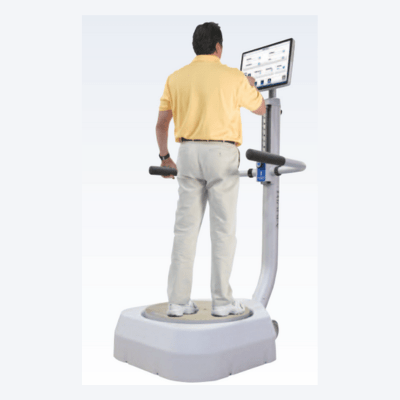
A thorough balance assessment is an essential step in managing the symptoms associated with TBI-related balance disorders.
Maximizing TBI Recovery: The Benefits of DTI Testing for Treatment Planning
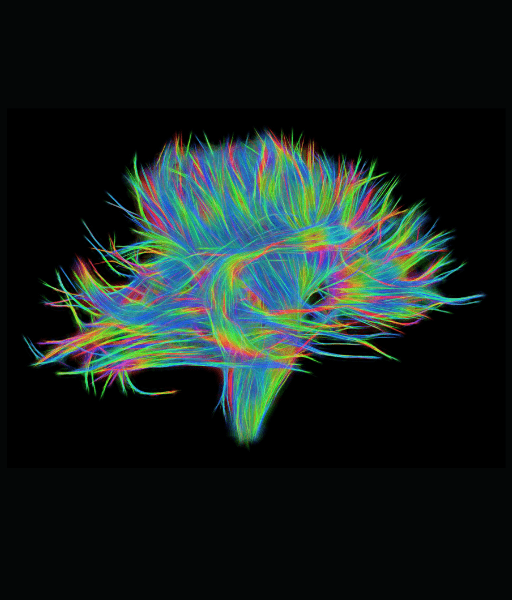
Diffusion Tensor Imaging (DTI) is a specialized MRI imaging technique that can evaluate the structural integrity of the brain’s white matter. DTI imaging can be beneficial for individuals who have suffered a concussion or traumatic brain injury (TBI).
From Head Injury to Insomnia: Understanding Sleep Problems

The effects of concussions are not limited to physical manifestations but may also cause various symptoms such as difficulties sleeping, problems with concentration and memory, headaches, mood swings, and dizziness.
Why See Neuropsychologist After Head Injury?

A head injury can be a devastating event that can have long-lasting effects on a person’s life. Depending on the severity of the injury, a person may experience a range of physical, cognitive, and emotional symptoms that can significantly impact their quality of life.
Are you struggling with dizziness, vertigo, or unexplained balance issues?
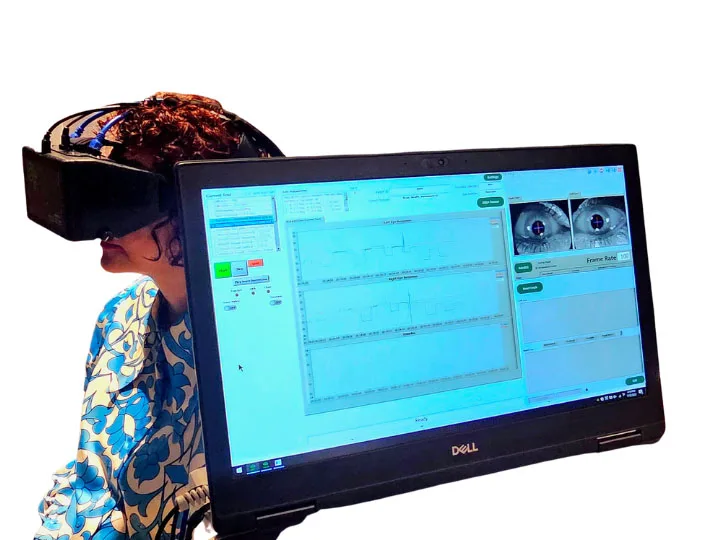
Videonystagmography (VNG) is a diagnostic procedure that assesses the performance of the vestibular system, the brain and the inner ear, which is essential for maintaining balance and spatial orientation. Often used to distinguish between central and peripheral causes of dizzy spells and vertigo, VNG is the gold standard for detecting vestibular disorders.
Understanding EEG/QEEG Brain Mapping
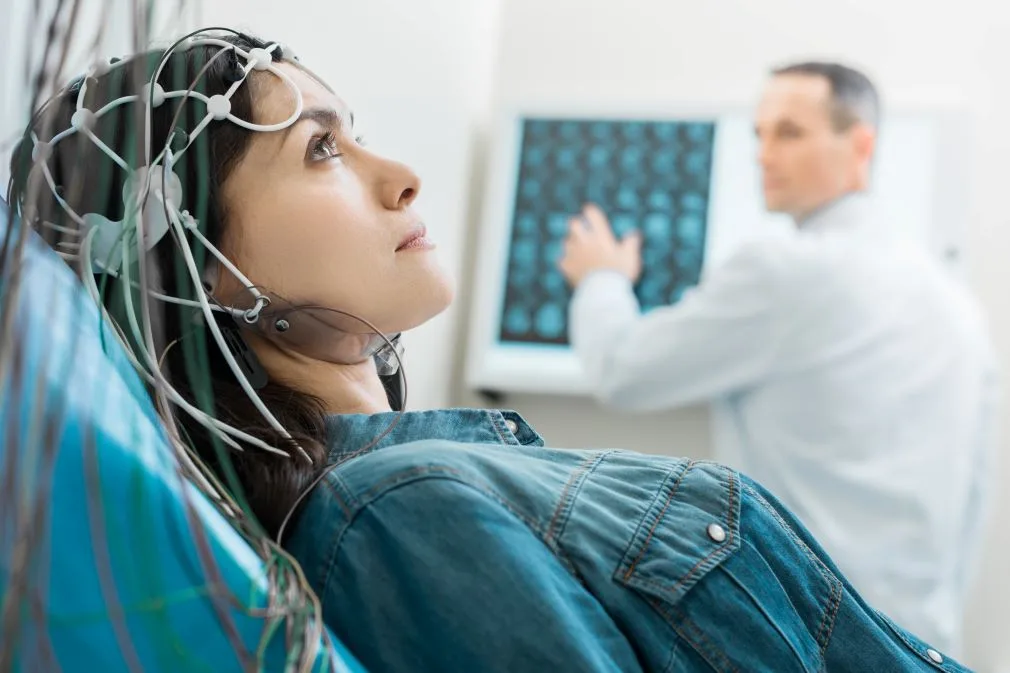
What is QEEG Brain Mapping? QEEG, or quantitative electroencephalography, is a type of brain mapping that measures and analyzes brainwave activity using electrodes placed on the scalp.
Unlocking the Potential of Your Brain with Neurofeedback
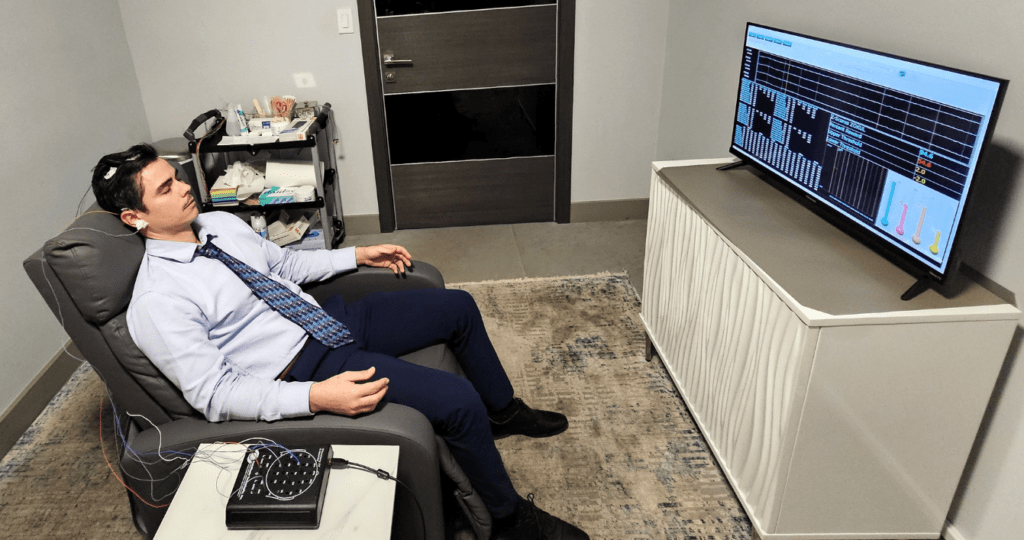
Do you experience anxiety, ADHD, depression, or sleep disorders? Neurofeedback can help you feel better overall and reduce the symptoms of these conditions. In this blog post, we’ll discuss what neurofeedback is, how it works, and its potential advantages for your brain and mental health.
Slips & Falls, Auto Accidents & Accidental Contact are Main Causes of Concussion

A concussion is classified as a mild TBI. Our concussion medical specialists want to help you understand the most common causes of concussions.
Head/Brain Concussions & Injured Workers in the Workplace

According to a 2020 National Institute of Health study, 1.4 to 3.8 million Americans suffer concussions yearly. That is a conservative estimate due to the amount of assumed untreated concussions.

